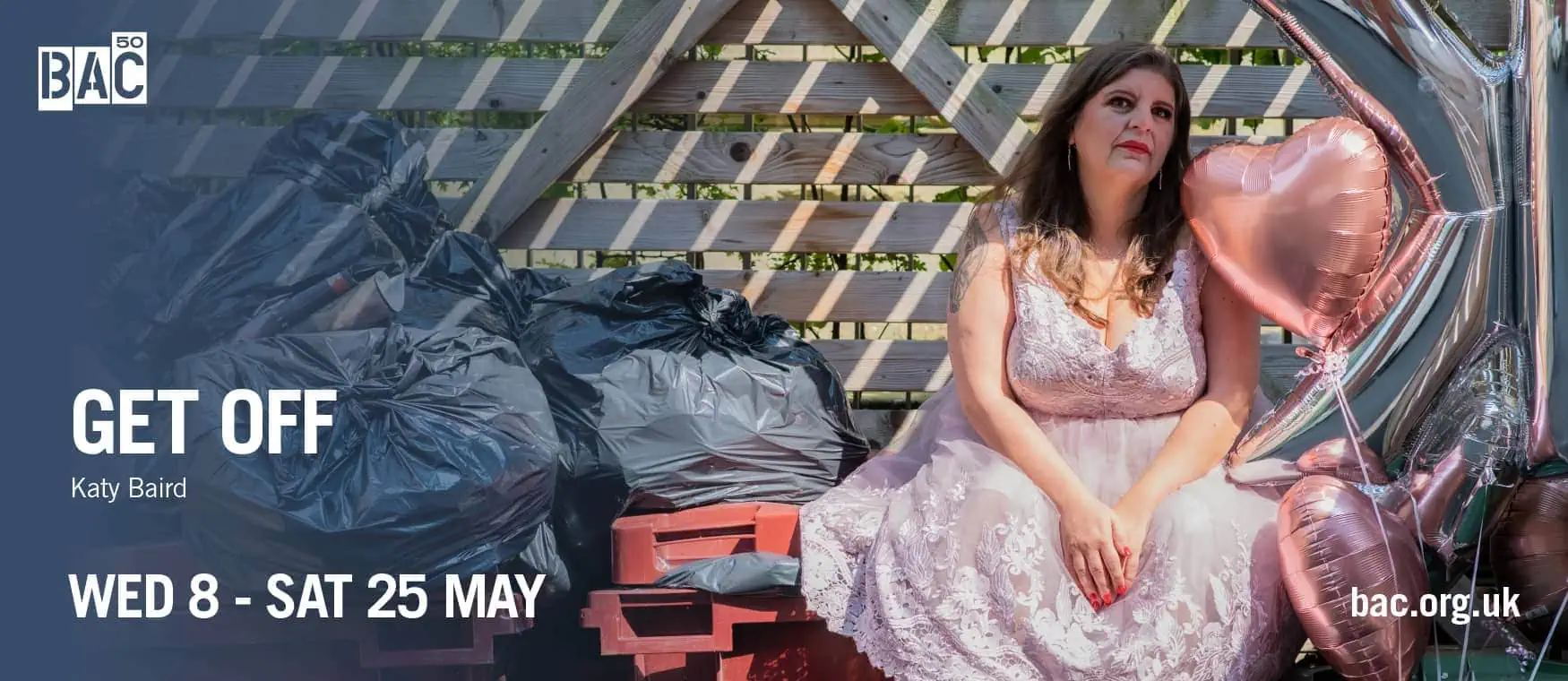Are you Latino? Gay? Trans? Latino Seguro is an innovative new HIV prevention programme created and run by Latin Americans, for Latin Americans right here in London. The group was created for MSM (men who have sex with men) from the Spanish and Portuguese speaking Latino communities in London. We spoke to METRO’s Tony Furlong to find out more.
Hi Tony, so how did Latino Seguro start?
About a year ago we had a meeting about the possibility of doing something innovative around HIV prevention. We wanted to do something ground-breaking, timely and targeted at a community lacking sufficient support. It was important too that the project was bottom-up and rooted in the community it supports. Since I had lived, worked and volunteered in Brazil and researched gender and sexuality in Latin America, I was aware of some of the cultural issues that drive HIV transmission with this group. This, combined with my experience doing outreach work in the bars, clubs, saunas and at events in south London, where there is a huge Latin American community, made the lack of Latino specific support in London seem surprising at best, and at worst, alarming. We decided that a community-based Latino HIV prevention programme was crucial and planned a programme based on our experience providing effective HIV prevention here at METRO.
How did you become involved?
In 2008-2009 I was completing my PhD research in Brazil looking at tolerance, gender and sexuality. As part of this work I volunteered for two great HIV and LGBT organisations based in Rio de Janeiro – ABIA and Arco-Iris, and completed over 80 in-depth interviews with gay, bisexual and trans men. This gave me a good grounding by helping me understand some of the cultural specific factors that increase risk. When I came back to the UK and continued working in HIV prevention for METRO on a peer-mentoring, and then a research project, which allowed me to get to grips with the specific benefits and challenges to doing this sort of work in London One thing that was striking was the limited support for gay and bisexual Latinos in the capital. It almost felt selfish not to apply my work experience, research and language skills to working on the project.
How long has it been running?
We started running workshops in March this year, but of course there was a lot of background work that had to be done before we got to that stage. Most importantly, we recruited a team of 9 amazing volunteers who have helped put together effective workshops, which they now facilitate in Spanish and Portuguese. We also had to promote the programme and this involved lots of visiting LGBT, sexual health and Latino organisations across London, and handing out leaflets and visiting Latino community centres, cafes and shops in key ‘Latin American hubs’, like Seven Sisters El Pueblito Paisa market, Elephant and Castle shopping centre and the LGBT Latino night Exilio. Also, we have just received the green-light to extend the project into 2017!
Why is a project like this necessary in London now?
The London Latin American community has exploded in the last decade – it is estimated to be the same size as the Chinese or Polish communities in the city, incredible when you think about it! It is a new community, since most of the Latino immigrants have recently arrived from Spain, Portugal and Italy. Here they were amongst the worst affected by the severe economic problems over the last few years and they came to the UK looking for work. Other immigrants have come directly from Latin America– where increasing wealth and educational opportunities have meant coming to London is possible in a way it wasn’t for their parents or grandparents.
One attraction of the capital is that it is one of the most tolerant places on the planet in terms of LGBT rights and freedom of expression. The huge LGBT community and gay scene mean the ‘bright lights’ of the city combined with job opportunities have resulted in the city attracting thousands of queer Latinos. Once arriving here immigrants are suddenly in a new city full of partying, sex, drugs and men. This cocktail combined with cultural factors is the driving force behind the HIV epidemic affecting the Latino community in the city.
What are some specific challenges faced by the London LGBT Latin community?
Whilst everyone has their own story, there are cultural factors that increase the risk of HIV transmission. Central to this is the migration component. Push factors, such as discrimination, familismo (family honour and importance), conservative religious friends and relatives, silence of gender and sexuality, lack of gay rights, and pull factors, such as freedom of expression, large gay community and gay scene, the availability of drugs and sex all play a role. In addition, migrating involves the severing of social ties with family or friends and this combined with language barriers, and unfamiliarity with British culture can lead to loneliness or isolation. In turn this can increase risky behaviour. On top of this many LGBT Latinos are coming from places where being LGBT is less socially accepted and many individuals have faced discrimination in key social spheres – at school, at home, at work , at church. This is related to machismo, which, although increasingly challenged, is still the framework to understanding gender and sexuality in the region. On a personal level, low self-esteem can be the result of growing up in a culture where homosexuality (and/or certain expressions of masculinity) is viewed negatively or where your family, church or community don’t accept who you are. A low sense of self-worth can also increase the likelihood of risk-taking behaviour.
For all these reasons HIV rates are much higher amongst LGBT Latin Americans than the general population, but at the same time LGBT Latinos are faced with a lack of community specific HIV prevention approaches. Services in Spanish and Portuguese are few and far between, as are those that allow LGBT Latinos to explore some of the cultural factors behind HIV transmission. That’s where this programme comes in!
Do you feel there are unhelpful stereotypes of the Latin community in London?
Many Latin Americans who come to workshops are frustrated by stereotypes that they are highly sexual and overtly masculine. These stereotypes are particularly damaging for people that don’t feel they fit into these boxes and can perpetuate damage done by having grown up in a machista society where these values are already strongly privileged. Another, related, stereotype, is that Latin Americans are prostitutes. Most Latin Americans aren’t, and negative judgements about prostitution can be extremely detrimental to self-image, and can also force sex-workers to remain closeted about their profession and related issues they might need support for.
What kind of things do you cover in the group workshops?
The programme is made up of five volunteer-led workshops in Spanish and Portuguese. These are interactive, fun and friendly and focus on sexual health and risk taking in a non-judgemental environment. As well as information about HIV/STI transmission, testing we look at the chems scene, immigration to the UK, religion and family, partners and relationships and self-esteem. The aim is to look at HIV prevention from a holistic perspective, looking at the factors that influence risk-taking and to allow participants to become more self-aware about these. In the summer we are also about to launch HIV support workshops for gay, bisexual and trans Latin Americans that are HIV positive. Again, the focus will be on cultural factors that influence wellbeing.
• The London Latin American community has exploded in the last decade – it is estimated to be the same size as the Chinese or Polish communities in the city












